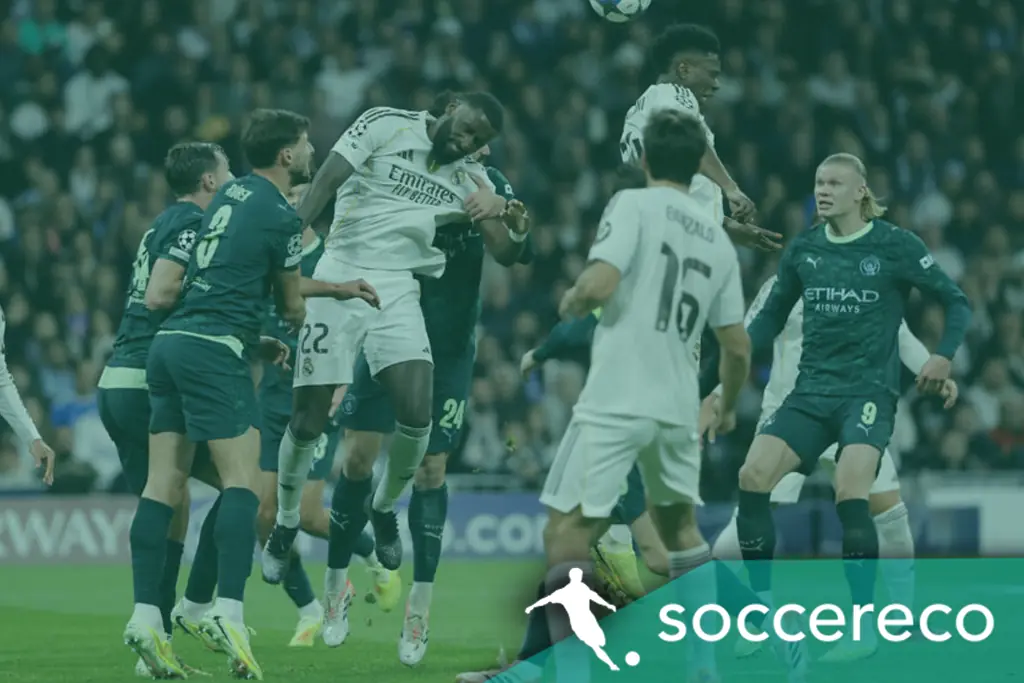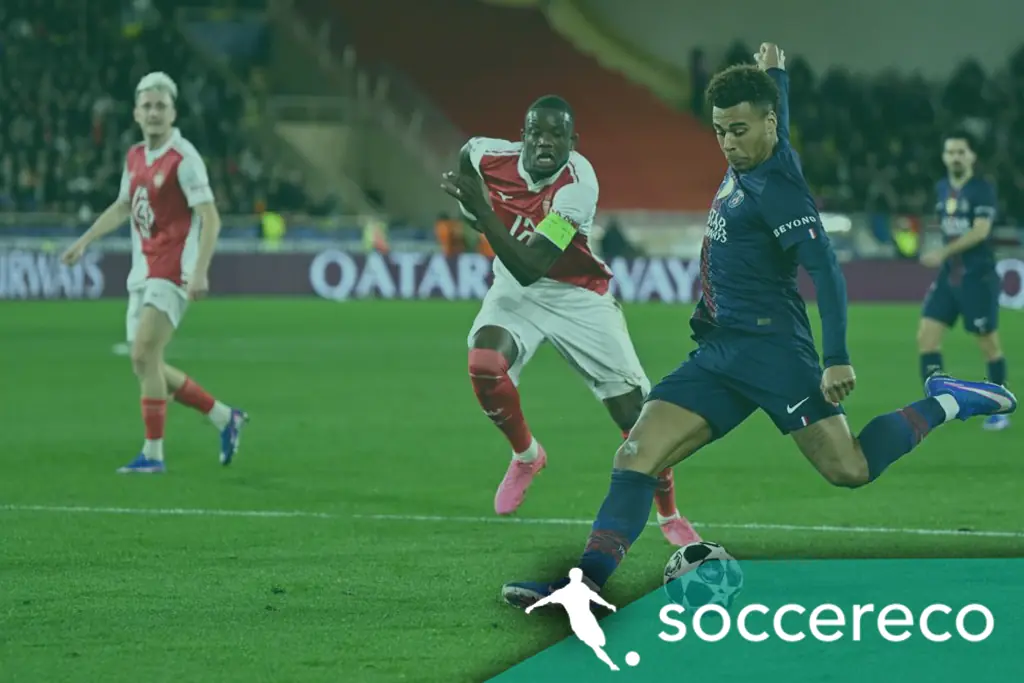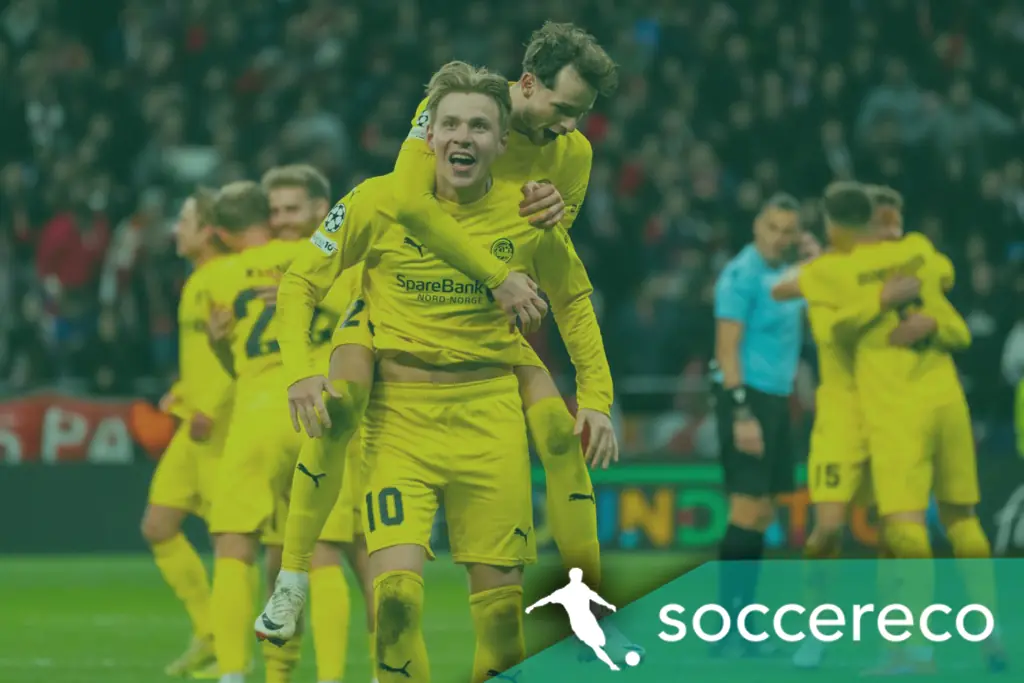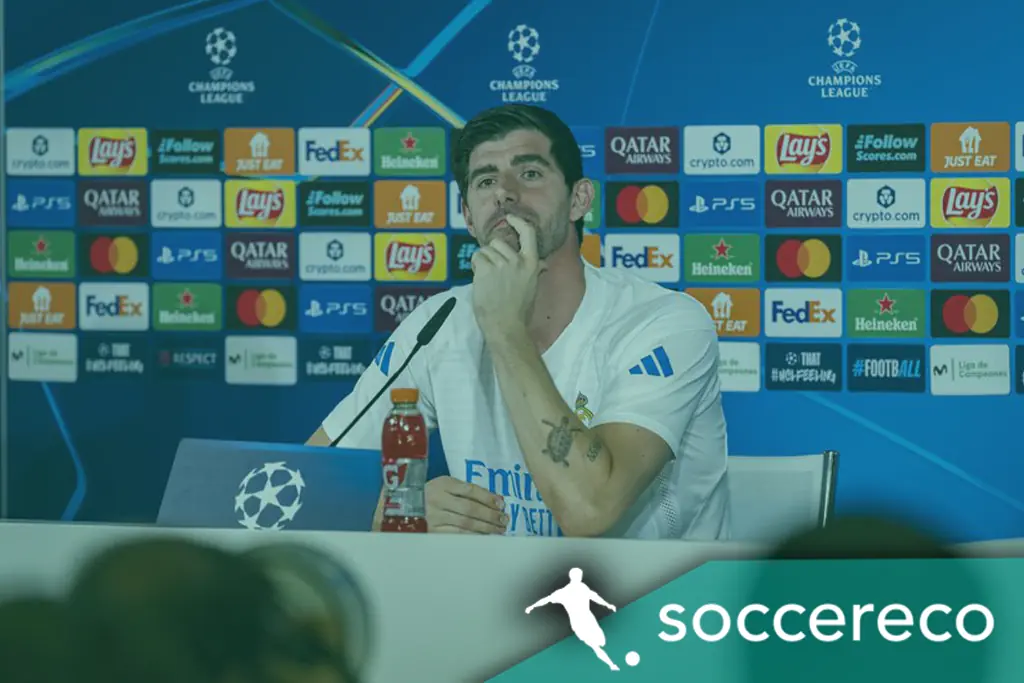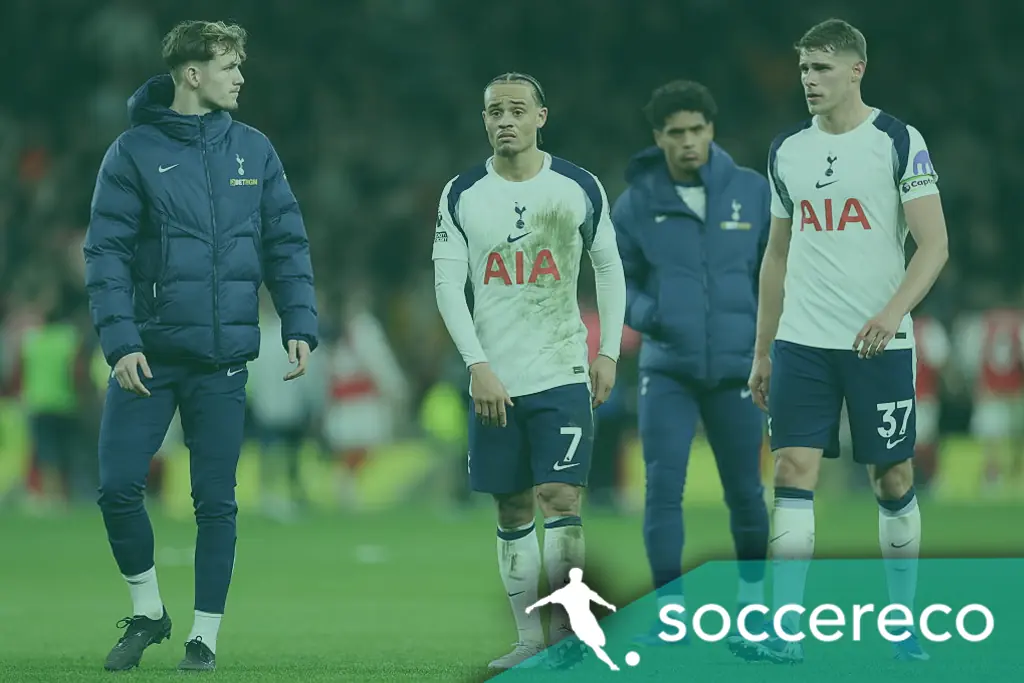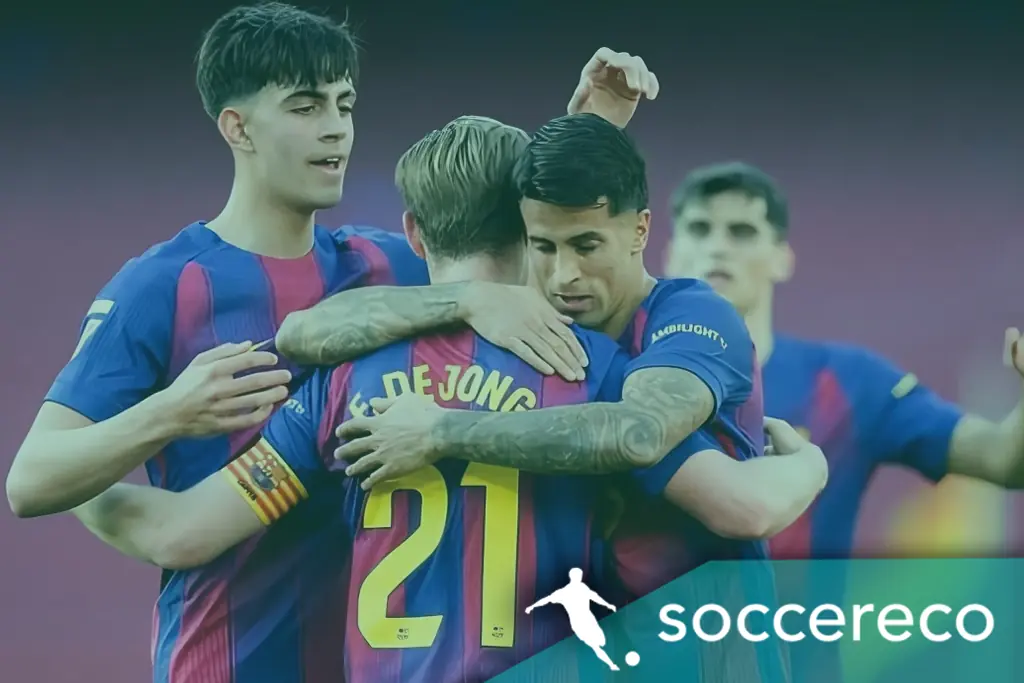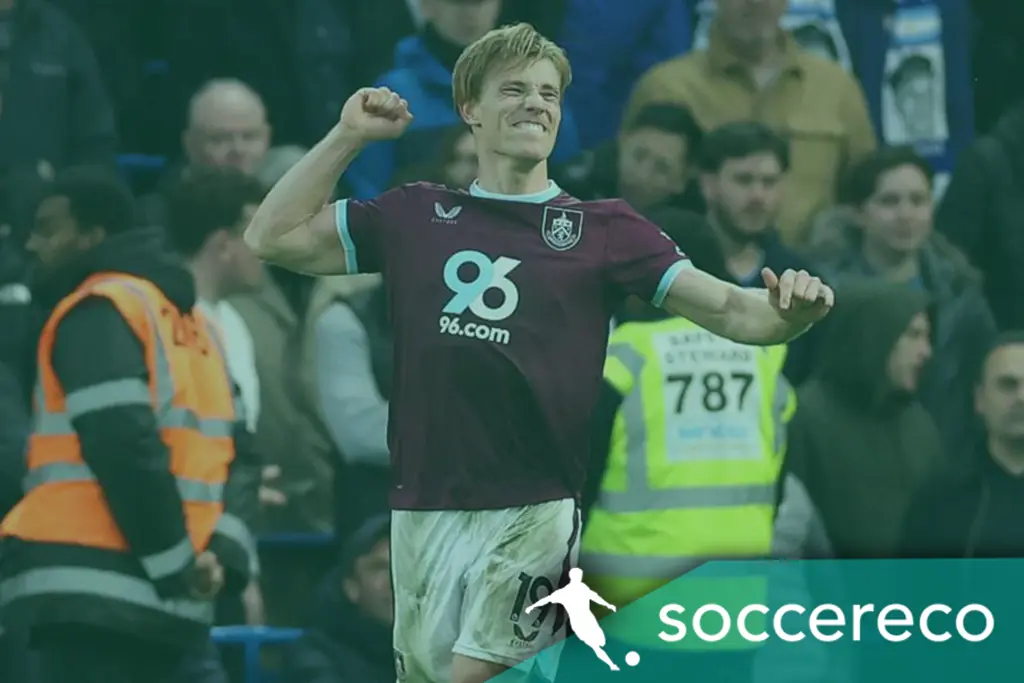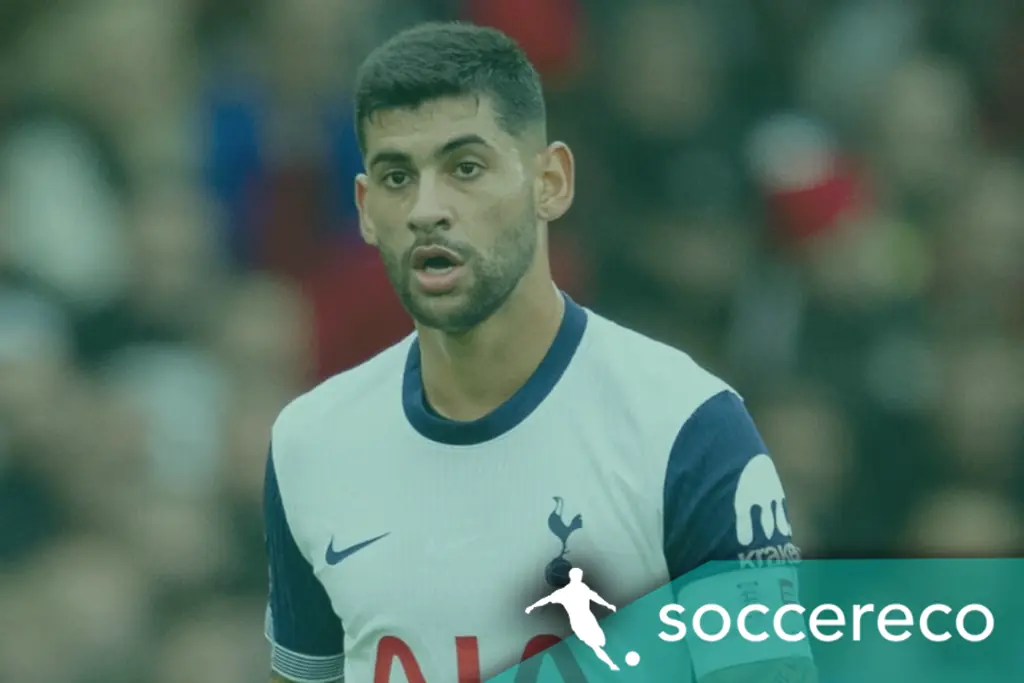Gerard Deulofeu, 31, has given a glimpse into his grueling recovery process. The former player for Barcelona, Everton and AC Milan has been dealing with a severe knee injury for years. Even so, he remains determined and has not given up hope of a comeback.

Gerard Deulofeu’s story has shifted from a typical injury layoff to a prolonged, deeply personal battle against the limits of his body.
Early 2024, he spoke candidly about fearing the end of his career. By then he had already been sidelined for fourteen months, with no clear pathway back to the pitch. His medical team warned that a return might never happen. The response from Deulofeu was not to concede but to double down. He committed to an arduous rehabilitation that would test his resolve in ways that surpassed anything he had previously experienced in football.
Fast forward another twenty months and the landscape is still bleak. There is no convenient signpost that reads almost there. Instead there is routine and repetition. Every single day, Deulofeu shows up at Udinese’s gym, the place that now defines his professional life more than any stadium or training ground ever did. Roughly 33 months have passed since he last played a competitive match. In that time, he has built a daily partnership with rehabilitation coach Ángel Aceña, chasing incremental gains that most fans would never notice but that mean everything to a player trying to coax a damaged knee back to elite function. He told The Guardian that he knows he is attempting something extraordinary. He even suggested this might be the toughest recovery anyone in football has ever faced. If and when he returns, it will have taken more than a thousand days. He trusts his habits, his discipline, his capacity to care for his body. In his words, if there is one person who can pull this off, it is him.
To understand how he arrived here, you rewind to 22 January 2023. Udinese were playing Sampdoria. Deulofeu entered the match in the 77th minute. What seemed like a routine substitution turned into a turning point. Two months earlier, against Napoli, he had already suffered what later scans confirmed to be a torn anterior cruciate ligament. On that day against Sampdoria, every action he attempted made things worse. A one two, a change of direction, the kind of movements that once felt effortless, now sent sharp warnings through his knee. He requested to be taken off. The ACL, he would come to learn, was in ruins.
The aftermath was punishing. Successive MRI scans revealed progressive cartilage damage, a compounding problem that complicates recovery timelines even for athletes with world class medical support. The only meaningful ray of hope came from cell therapy, a procedure where cells from a healthy patch of cartilage are transplanted into the damaged area with the aim of promoting healing and restoring function. Even with that intervention, nothing was guaranteed. The question became not only whether he could return at all, but whether he could return at a level that resembled his former self. That question still hangs in the air.
What has sustained Deulofeu is a combination of stubborn competitive instinct and a support system that keeps the flame alive when his own confidence flickers. He has admitted that doubts creep in. Financially, he has already secured his future. There are days when the rational choice whispers that he should walk away with dignity. When those thoughts surface, he speaks to his wife, who tells him to keep going. He thinks of his children who want to see him play again. The dream persists. Purpose is a powerful painkiller.
The demands of his rehabilitation are both scientific and psychological. Elite footballers live by routine, but a rehab routine is different from a training plan. There is less adrenaline and far more patience. It is measured in degrees of flexion, neuromuscular firing patterns, and controlled loads that steadily challenge the repaired structures without tipping them into re injury. For Deulofeu, the gym has become a laboratory. He and Aceña chase small markers of progress. Stability in a single leg squat without discomfort. A closed chain exercise where the knee tracks cleanly over the foot. A running drill where the stride lands softly and the joint responds without swelling the next day. Each one is a step on a staircase with no visible top.
Cartilage injuries are notorious because cartilage does not regenerate in a straightforward way. Procedures that use cell therapy promise a better chance of restoring joint surfaces, but outcomes vary and timelines are long. In football, where matches are decided by explosive moments, the knee must tolerate cutting, pivoting, and rapid deceleration. An ACL reconstruction is challenging on its own. Add cartilage damage and the margin for error shrinks. That is what makes Deulofeu’s determination feel both admirable and fragile. He is trying to rebuild a joint for the most demanding version of the sport.
Context matters too. Deulofeu’s career has always been threaded with both flair and resilience. From his early years at Barcelona to spells at Everton and AC Milan, he built a reputation as a winger who could unbalance defenses with a feint or a burst. At Udinese he found a setting that allowed him to be decisive in the final third, scoring and creating with a sense of purpose that suggested a player maturing into leadership. That makes this limbo even more painful. He has not simply been denied minutes. He has been kept from a period that might have been his most complete.
The mental side of a layoff this long is not just about motivation. It is about identity. Athletes often describe feeling like strangers to themselves when they cannot compete. The dressing room rhythm is replaced by the solitary rhythm of rehab. The weekly cycle of preparation, match, and recovery dissolves. In its place is a long continuum of effort that rarely produces the dopamine hit of victory. Deulofeu has tried to fill that space with the discipline of self care. Nutrition, sleep, and mindfulness become performance tools rather than lifestyle choices. He has also turned his story outward, speaking about the journey not as a plea for sympathy but as a statement of intent. Communicating his struggle helps frame it. It says this is not the end unless I say it is.
If there is a silver lining, it is that a comeback from this depth would not only be a personal triumph but a case study with value for the wider game. Medical teams would have a data point for cell therapy outcomes in elite football. Coaches would have an example of how to reintegrate a creative player after an ultra long absence. Younger players could learn from the process behind the scenes rather than the highlight reel. The message is not that everyone should push through. It is that persistence, when combined with realistic medical oversight and support, can sometimes open doors that looked sealed.
There is also a practical reality that Deulofeu surely appreciates. If he does return, the first steps will not be about recapturing peak numbers. They will be about competence and confidence. A ten minute cameo with clean touches. A training week that ends without swelling. A friendly match where he accelerates past a full back and the knee holds. From there, goals and assists can come. The patience that sustained him in the gym will be the same patience that guides his minutes on the pitch.
For now the story remains unfinished. The date on the calendar keeps moving and the tunnel remains dark. Yet Deulofeu continues to write the middle chapters with perseverance rather than resignation. He knows the odds and chooses the fight anyway. He keeps faith with the body that has betrayed him and with the craft that still calls him back. Whether the ending is a return to the roar of a stadium or a quiet acceptance that he cannot push any further, the effort itself has already said something about who he is. It has revealed a professional who refuses to be defined by misfortune and a person who measures success not only in matches played but in the courage it takes to keep trying.
Updated: 03:27, 16 Oct 2025
